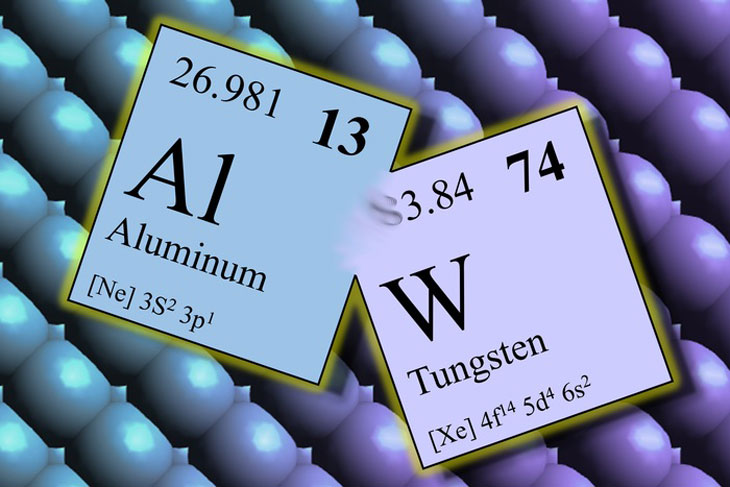If many key chemical reactions currently involve the use of rare and expensive metals as catalysts, this could soon change thanks to the ultra-promising platform developed by American researchers.
“Chameleon” metals
the platinumthe palladiumthe rhodium and other metals are the primary drivers of reactions used to make materials and chemicals in many industries. However, their relative scarcity drives up the cost of equipment, manufacturing processes and, of course, end products.
In the context of work published in the journal JACS Auresearchers from theuniversity of minnesota found that by adding or removing electrons, common and inexpensive materials (such as aluminum) could be modified to exhibit some of the useful surface properties of significantly more expensive catalytic metals.
” Our catalytic condenser makes it possible to adjust the number of electrons on the surface of the catalyst “, Explain Paul Dauenhauer, lead author of the study. ” This opens up a whole new possibility of controlling chemistry and making abundant materials behave like valuable materials.. »

The platform consists of a series of stacked thin films. Made of alumina (or aluminum oxide), the top layer is 4 nanometers thick. The latter is based on a layer of graphene, under which there is respectively an insulator and a conductor. When a voltage is applied to the graphene and conductor layers, a charge is induced in the alumina, which changes its surface properties, allowing it to act as a catalyst.
A wide range of applications
According to the team, variants of the catalyst could be obtained by adjusting the applied voltage, the composition of the insulating layer or by including different additives in the active layer, paving the way for their use in a whole range of industries, to ensure different reactions as needed.
” Such a technological platform has a very wide range of applications “, highlighted Dan Frisbie, co-author of the study. ” It can be easily adapted to obtain a staggering number of chemical reactions. »
A few months ago, Texan scientists unveiled an approach for extracting precious rare earths from coal combustion waste.
[related_posts_by_tax taxonomies=”post_tag”]
The post This device allows cheap metals to behave like their rare and expensive counterparts appeared first on Gamingsym.

